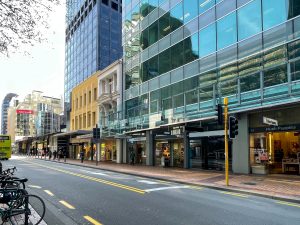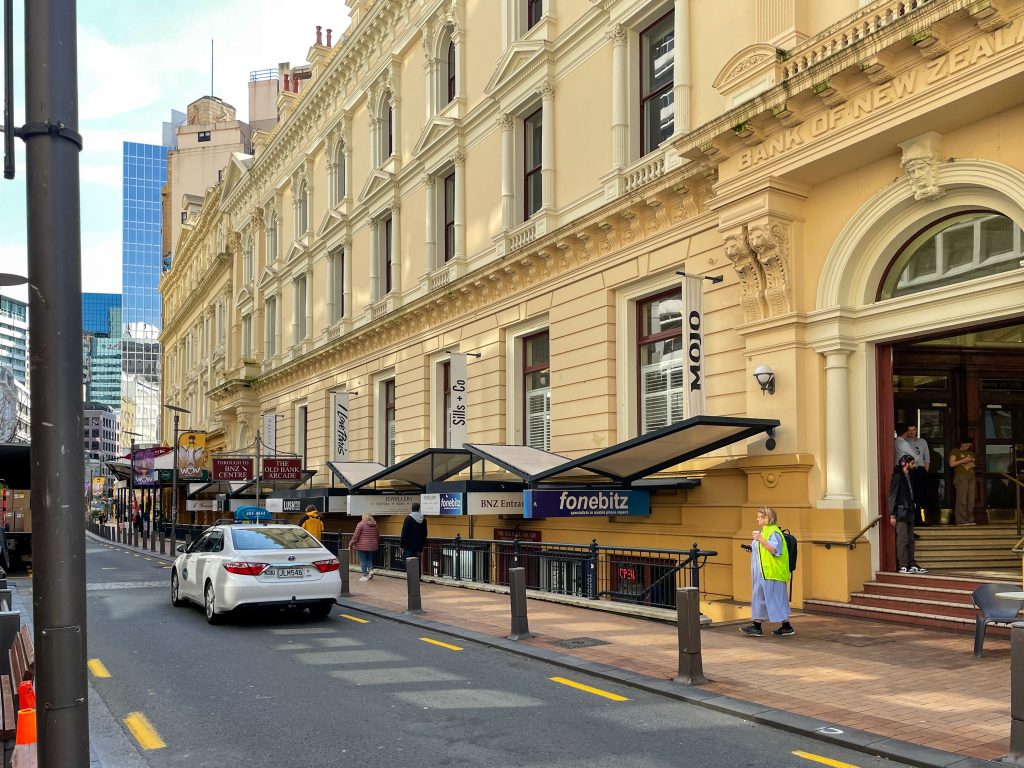 Wellington’s commercial property market is wrestling with not only persistent inflation and high-interest rates but also public sector staffing and budget cuts, Ben Castle, Tommy’s Group CEO, says.
Wellington’s commercial property market is wrestling with not only persistent inflation and high-interest rates but also public sector staffing and budget cuts, Ben Castle, Tommy’s Group CEO, says.
“This could lead to more stock becoming available to the market both for sale and for lease, particularly in the office sector,” he believes. “The increase in unemployment through the government sector will certainly impact the retail and hospitality sectors in the CBD. “The flight to quality still dominates the decision-making by buyers and tenants and this is now extending through different sectors.
“Traditionally, the office sector was the main area for ‘quality’ focus, but more and more industrial properties, as an example, are being refurbished and refreshed as landlords now need to sharpen offerings in order to attract and retain tenants.”
Ben says the state of the market contrasts with the hope and confidence of three months ago, when the prospect of a fresh new government and a decline in interest rates, together with positive migration numbers, were driving sentiment. “But economic realities mean we aren’t moving as quickly as we would like.
“Essentially, inflation and interest rates remain steady, which impacts the commercial sector. “In the sales world, the bid-versus-ask gap, or buyer position versus seller position, hasn’t significantly moved closer. “Buyers want higher yields/lower purchase prices, to service the borrowing, whereas sellers want to realise value — which pushes the price up and moves the yield down.
“Where there has been an uplift in transaction volume, there may well be other pressures at play, such as the banks’ comfort level on debt forcing a sale to reduce their exposure.”
Ben says uncertainty over when interest rates will drop may lead to ‘potential’ sellers becoming ‘actual’ sellers, as the hope of interest rate relief starts to decline, the price expectations move and the bid-vs-ask gap moves closer.
“A breakfast with economist Cameron Bagrie last week gave the Tommy’s Real Estate team some real insight into the possible short-to-medium term future.

“The biggest take-out for me was that there may well be some tough times lingering but that tough times can often bring bold and better decisions.
“Prime Minister Christopher Luxon described the country as fragile when looking at society and the economy but that a strong economy will fix a lot of the current woes.
“Cameron commented that ‘fixing things can’t all be up to local or central government —business and industry leaders need to demonstrate some strong leadership too’. A good challenge for us all.”
